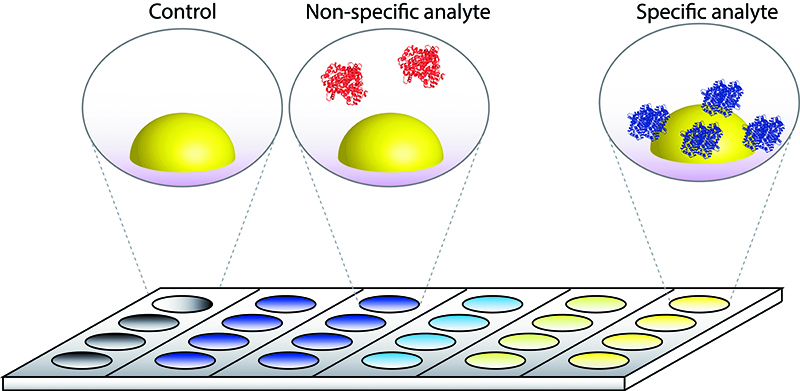Customs personnel and biosecurity officers could analyse plant cells to detect diseases in the field if a new pilot study pays off
A technology used in the diagnosis of cancer and infectious human diseases is being assessed for use in detecting plant diseases – both at Customs and in the paddock.
Portable nano-biosensors are currently used in medicine to assess human cells for diseases and conditions, but there are theories the technology could make the detection of high-risk plant pests and pathogens in the field more efficient.
A new biosecurity innovation pilot funded by the Department of Agriculture, Fisheries and Forestry (DAFF) started testing the viability of this theory in August.
 |
|
The lab on a chip concept
|
If the technology is proven, researchers hope to develop a handheld prototype that can be used by frontline biosecurity officers, DAFF deputy secretary of biosecurity and compliance Chris Locke says.
“When our biosecurity officers detect suspected high-risk plant pests presently, they
send the samples to off-site laboratories, where diagnostic personnel confirm results. It can be a time-consuming, lengthy and costly process,” he says.
“If this technology works, it means our biosecurity officers can take a sample from a
suspect plant. Then, using the nano-device, identify the specimen by detecting a pest’s or plant’s RNA [ribonucleic acid] while still at the airport, port or in the field.
“This technology will significantly help the clearance rate of goods at our border, often held up waiting on test results,” he says.
Project research will take place at the department’s Plant Innovation Centre at the Post-Entry Quarantine facility in Melbourne, while complementary research will also take place at the NanoBiotechnology Research Laboratory at RMIT University, also in Melbourne.
A second project will investigate the use of nano-fabricated microneedles – used to extract cell contents – in conjunction with the biosensors.
The microneedle research component will be conducted by the University of Southern Queensland.


